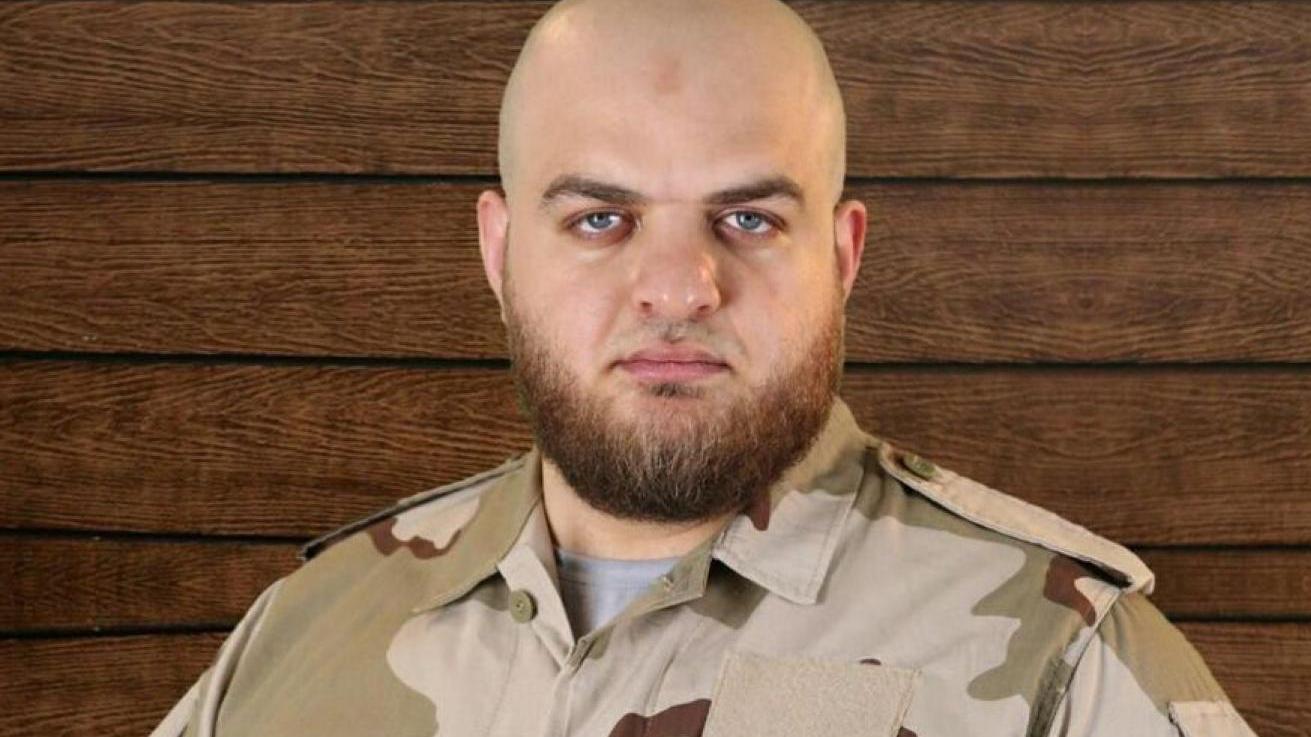
In recent years, European courts have taken significant steps to bring perpetrators of war crimes and crimes against humanity in Syria to justice. The German judiciary, in particular, has been at the forefront of prosecuting individuals accused of committing atrocities during the Syrian conflict.
A recent case in Germany involves the trial of a 37-year-old member of the Syrian regime’s Shabiha militia. The defendant is accused of participating in a battle in Aleppo in 2012, which resulted in the deaths of four people. Shockingly, the accused allegedly kicked in the heads of three corpses, demonstrating a level of inhuman treatment that has led to charges of war crimes against people.
Germany’s commitment to prosecuting Syrian war criminals under universal jurisdiction laws, which allow courts to prosecute crimes against humanity committed anywhere in the world, has resulted in several ongoing cases. These include the trial of a Syrian doctor in Frankfurt, accused of torturing prisoners in military hospitals in Syria, as well as the sentencing of an officer who defected from the regime’s intelligence for his involvement in protesters’ arrests leading to their torture.
Moreover, German prosecutors have demanded life imprisonment for a former officer in the Syrian intelligence service, Anwar Raslan, who is accused of torturing detainees in a secret detention center affiliated with the regime in Damascus. These efforts reflect Germany’s determination to hold individuals accountable for their roles in perpetrating heinous acts during the Syrian conflict.
However not all of their attention has been focused on the crimes of the regime as recent controversial charges at the Free Syrian Army (FSA), and former German partner in Syria, Liwa al-Tawheed have left some commentators concerned about the direction some prosecutions are taking.
Beyond Germany, the pursuit of justice for war crimes in Syria extends to other European countries. In the Netherlands, a Syrian refugee was sentenced to 20 years in prison for committing a war crime after filming himself shooting a captured lieutenant colonel from the Syrian regime’s air forces. Meanwhile, in Belgium, the Federal Bureau of Investigation has been investigating Syrian refugees accused of committing crimes while working for the regime, with several lawsuits filed against individuals suspected of war crimes.
In France the trial of Majdi Nehme, also known as Islam Alloush, the former spokesperson for Jaysh al-Islam. The French Court of Cassation decided to drop charges against Alloush pertaining to the kidnapping of human rights activists in Eastern Ghouta in 2013. While the court rejected an appeal against this decision, Alloush will still face trial in Paris for complicity in war crimes and recruiting children within an armed group.
The decision regarding Alloush has sparked mixed reactions, with some expressing disappointment while others welcomed his acquittal of two-thirds of the crimes he was accused of. Alloush’s case highlights the complexities and challenges inherent in prosecuting individuals for war crimes, especially when they have been involved with armed groups in conflict zones.








